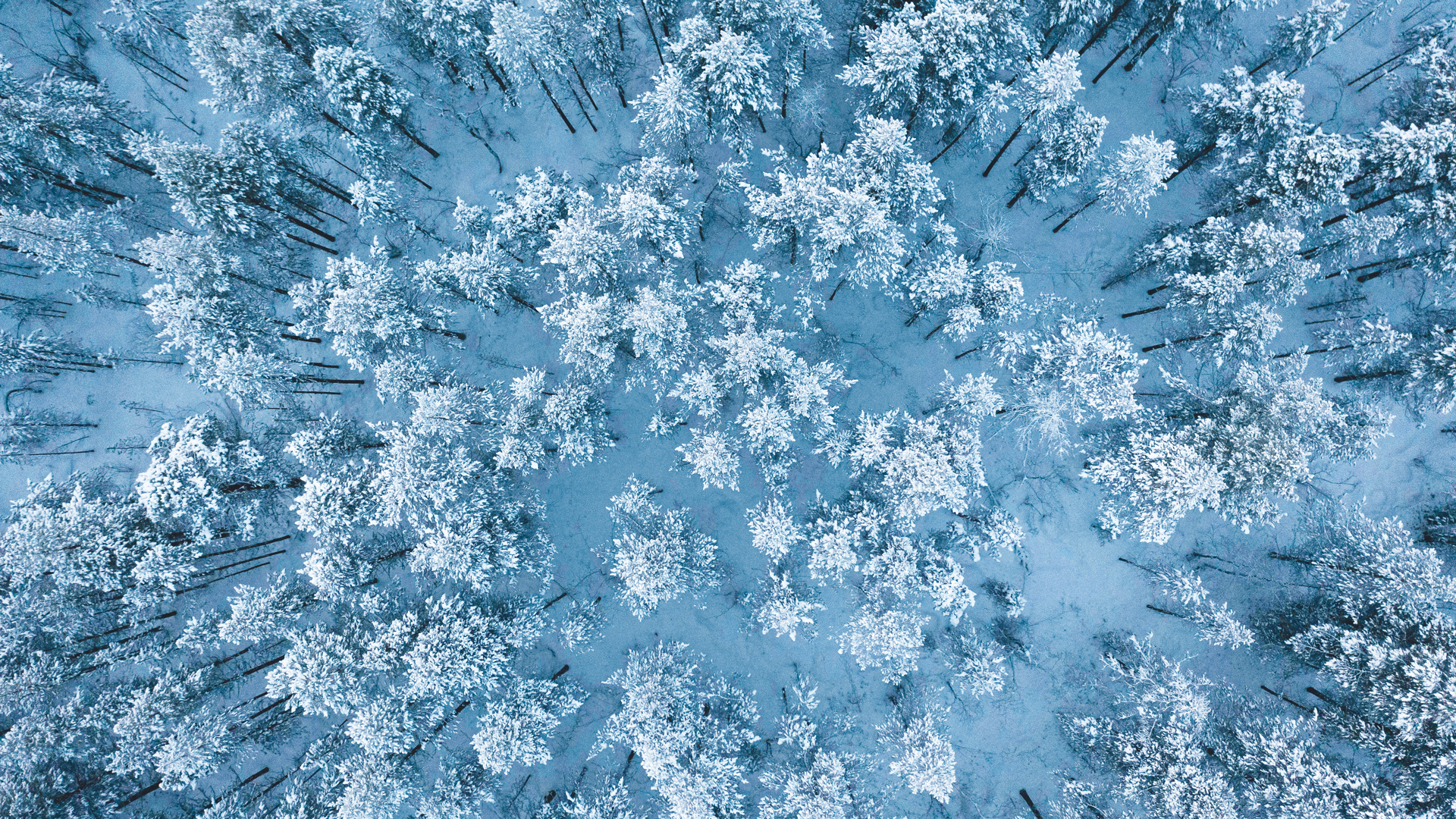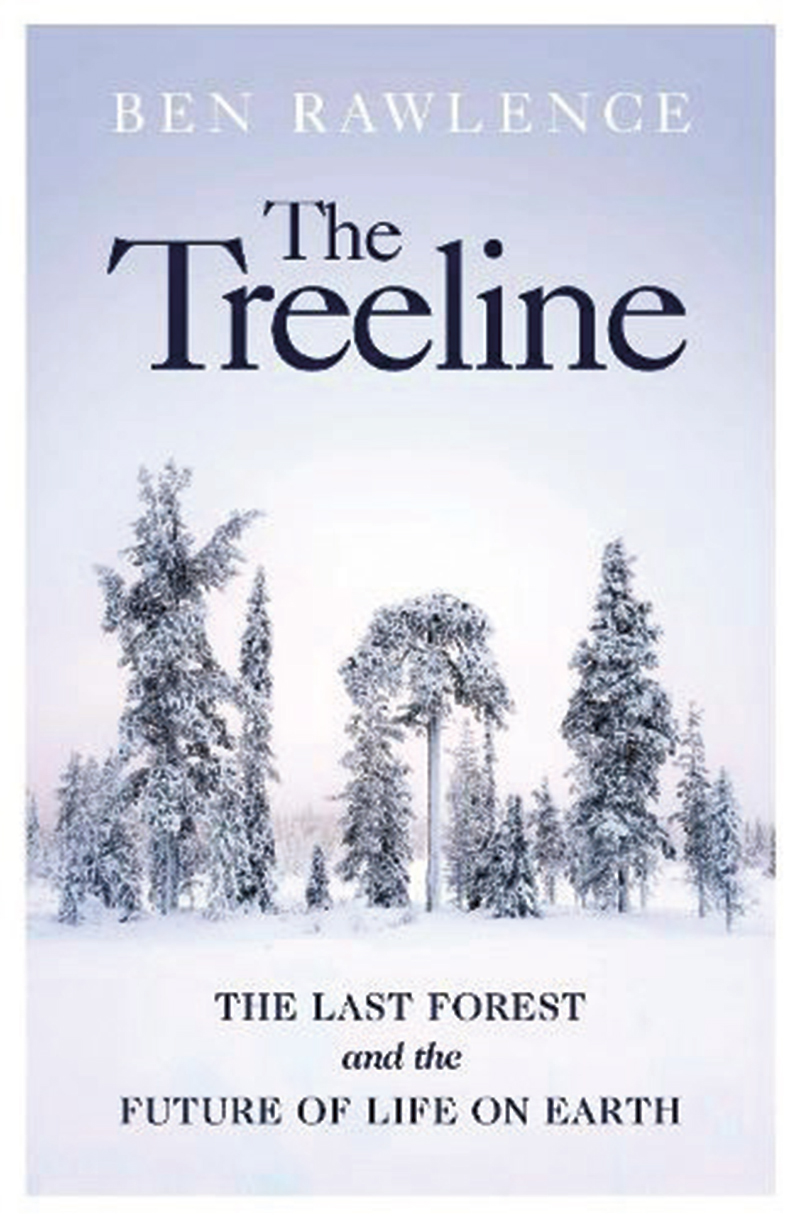You have a heartbeat. Did you know that the planet has one too? In fact it has more than one.
Every day plants create a pulse of oxygen as they breathe in carbon dioxide and exhale oxygen. And every year, deciduous plants and trees photosynthesise during the spring and summer and then shut down for the winter, creating a burst of oxygen in springtime.
And lastly, the most amazing and dramatic of all, the slow heartbeat of ice, rising and falling like a white blanket over the top of the earth every 100,000 years. The ice ages have defined life on Earth for millions of years and, each time the ice has retreated north, the plant kingdom has followed on its heels and then been obliterated again, rising and falling, like breath.
As the lichen, moss, then grass and trees has colonised the rock, the advancing treeline has transformed the surface of the planet into a habitable crust of soil and plants. There is barely a square inch of the northern hemisphere that has not been passed over, and blessed, by the treeline. If you are reading this in the UK, the spot where you are standing was almost certainly once forest.
The UK is a boreal nation, once sharing many of the same species as the taiga of Russia and the northern woods of North America – beaver, lynx, deer, ptarmigan, bears. But our forest has long gone. There are some scraps remaining in Scotland, but they are fragments only – glimpses of what might have been, like the emerald islands in the middle of Loch Maree, which have been continuously wooded for 8,000 years.
There was once too, a natural treeline in Scotland – a zone beyond which trees would not grow because altitude and temperature were prohibitive. There might be still, but we don’t know because the trees are no longer there to mark the line.











